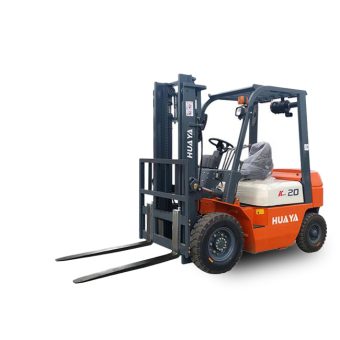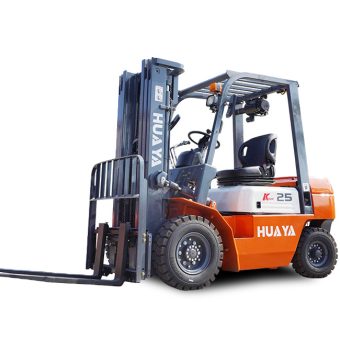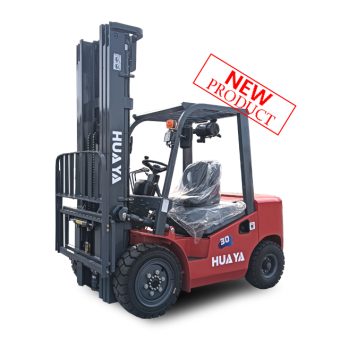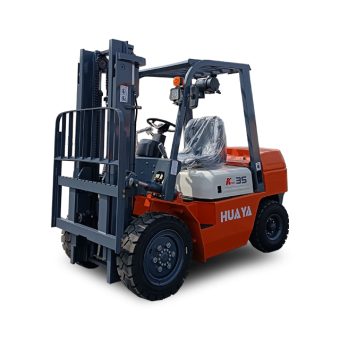
News
Forklifts, the workhorses of warehouses and industrial settings, come in various types, each designed for specific tasks. In this article, we'll delve into the classifications of diesel forklifts, understanding the different classes and their characteristics.
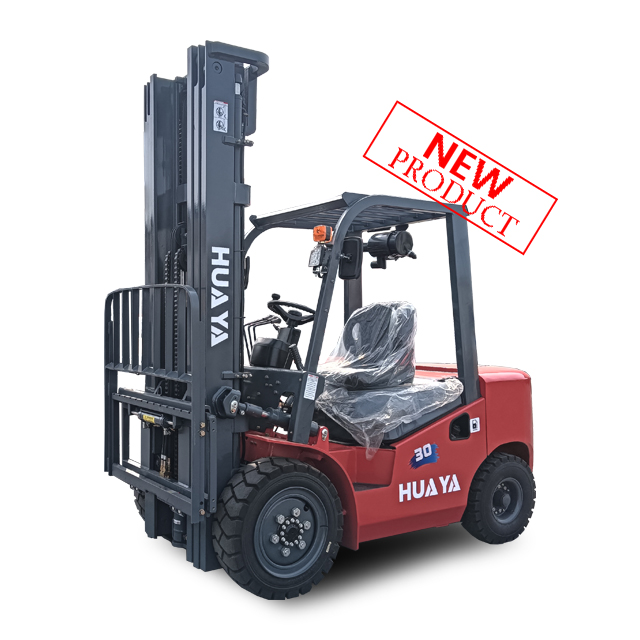
Before we focus on diesel forklifts, it's crucial to grasp the broader spectrum of forklift types available. From electric motor rider trucks to rough terrain forklifts, each type serves a unique purpose. In this diverse landscape, diesel forklifts carve their niche, offering robust performance in specific applications.
Forklifts are categorized into classes based on their characteristics and functionality. Diesel forklifts fall into these classes, each denoting specific attributes. Understanding these classes is essential for selecting the right forklift for a particular job.
The classification of diesel forklifts is vital for users and operators. Class I encompasses electric motor rider trucks, while Class II deals with narrow aisle trucks. Class III involves electric motor hand trucks, and Class IV and V are related to internal combustion engine trucks with different tire types. Class VI includes electric and internal combustion engine tractors, and Class VII comprises rough terrain forklift trucks.
Class I forklifts, powered by electricity, differ significantly from diesel forklifts. Typically used indoors, they excel in environments where emissions are a concern. It's crucial to understand these distinctions when considering diesel alternatives.
Designed for narrow spaces, Class II forklifts offer maneuverability and efficiency. When comparing them to diesel forklifts, the limitations in terms of aisle width and indoor use become apparent.
Class III forklifts cater to tasks involving hand-operated controls. While they serve specific purposes, their differences from diesel counterparts should be noted when making equipment choices.
Class IV forklifts, running on internal combustion engines with cushion tires, have distinct advantages and limitations. Understanding these differences is essential for selecting the appropriate forklift for specific applications.
Similar to Class IV, Class V forklifts differ in terms of tire type. Pneumatic tires make them suitable for outdoor applications. These distinctions are crucial when deciding between diesel and alternative options.
Class VI forklifts, serving as tractors, have varied applications. When comparing them to diesel options, considerations of power source, maneuverability, and task suitability come into play.
Designed for challenging outdoor terrains, Class VII forklifts differ significantly from their diesel counterparts in terms of usage and capabilities. Recognizing these differences ensures optimal equipment selection.
Selecting the right class of forklift involves considering factors such as capacity, height, and application. The nuances in each class play a crucial role in determining the efficiency of operations. A mismatch between the forklift class and the task at hand can lead to decreased productivity.
Despite the variety of forklift classes, diesel forklifts offer distinct advantages. Their efficiency, power, and suitability for specific applications make them indispensable in certain industrial settings. Understanding these advantages is key to making informed decisions.
However, it's essential to acknowledge the challenges associated with diesel forklifts. Maintenance requirements, environmental impact, and cost considerations must be carefully weighed against the benefits. Striking a balance between efficiency and sustainability is crucial in the decision-making process.
In conclusion, the classification of diesel forklifts is a nuanced subject, with each class serving a unique purpose. By understanding these classes and their characteristics, businesses can make informed decisions, ensuring optimal performance and efficiency in their operations.
Diesel forklifts are distinguished by their internal combustion engines, providing robust power for various applications.
Generally, diesel forklifts are better suited for outdoor use due to emissions and space constraints associated with indoor environments.
Factors such as capacity, height requirements, and the nature of the application play a crucial role in determining the appropriate forklift class.
Regular maintenance, including engine checks and fuel system inspections, is crucial for the optimal performance of diesel forklifts.
Yes, electric forklifts are considered more environmentally friendly alternatives to diesel forklifts, especially for indoor applications.
